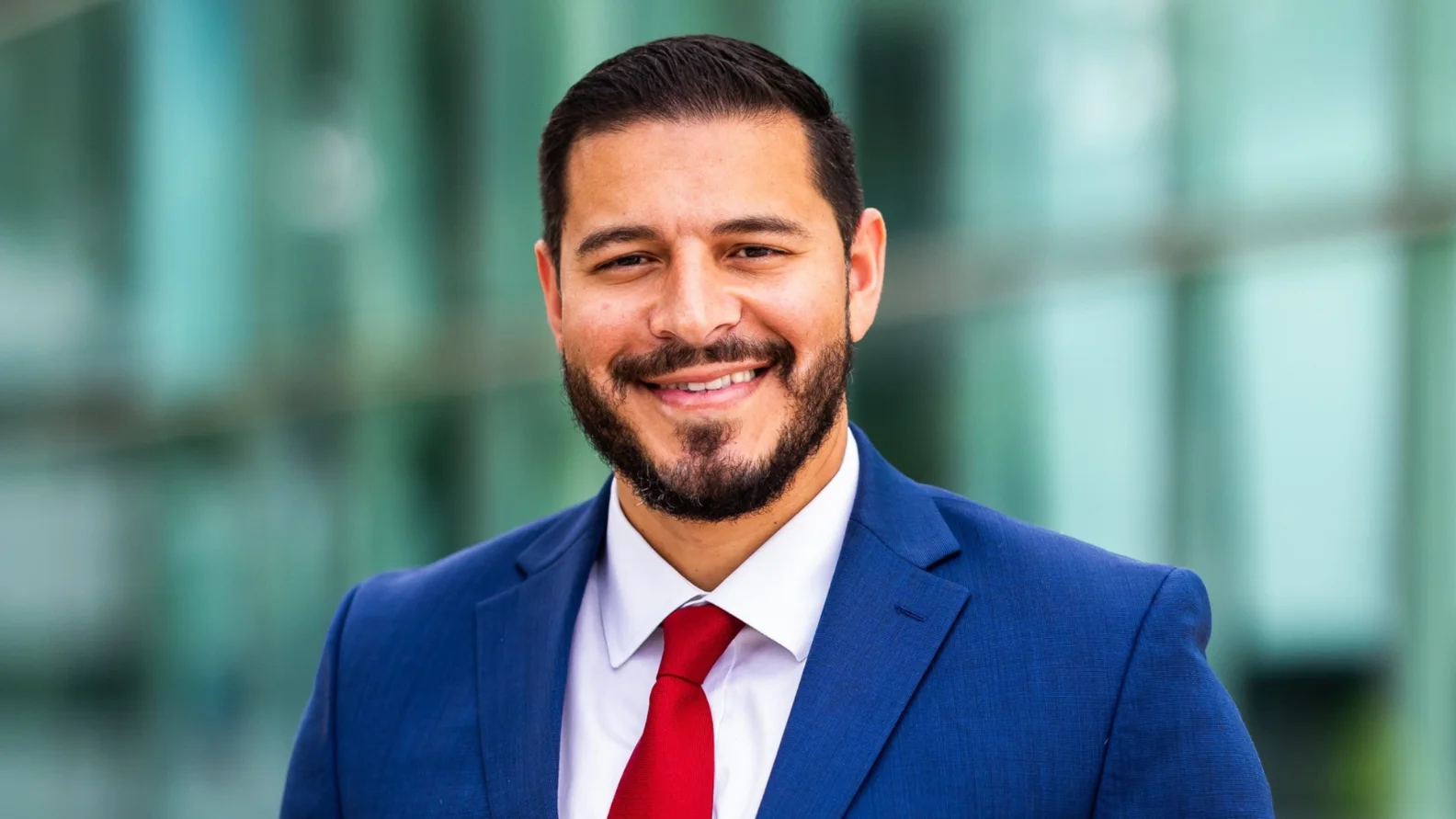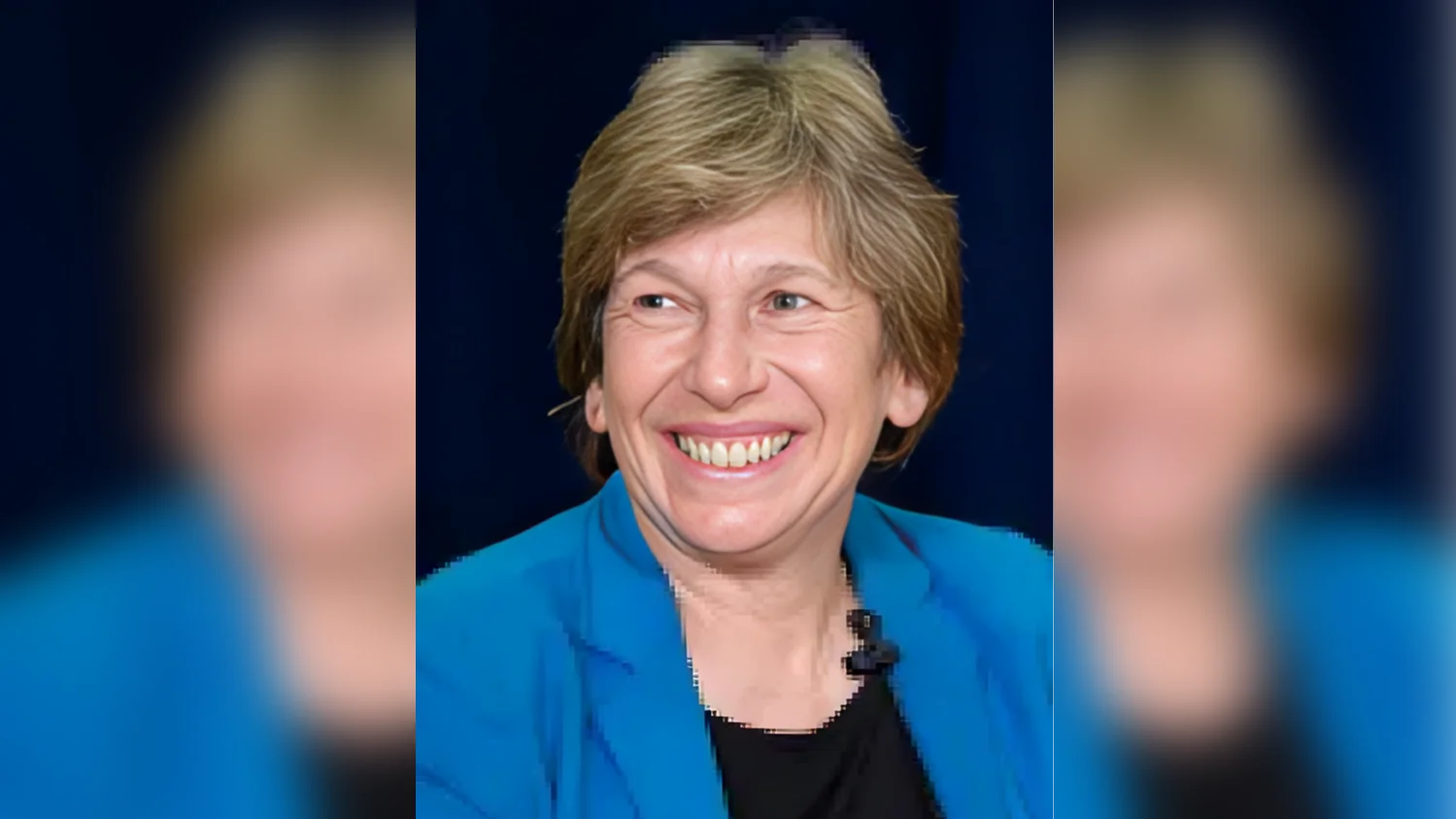
Rudy Fernandez Executive Vice President for University Operations and External Affairs and Chief of Staff | School of Education and Human Development News & Events University of Miami
Chelsey Reynolds, a senior studying biomedical engineering at the University of Miami, recently participated in a study at the new Vascular Function Laboratory at the University of Miami School of Education and Human Development. The lab is led by Professor Arlette Perry from the Department of Kinesiology and Sport Sciences, who also runs the Laboratory of Clinical and Applied Physiology.
Reynolds underwent various tests, including the Queen College Step Test, which involved stepping on and off a bench for three minutes. “When I signed up for this study, I expected to be asked a few questions and to fill out some questionnaires,” she remarked. “But I guess all this exercise is worth it if it all comes out okay.”
Reynolds is among 20 participants in a study focusing on African American women, specifically targeting young Black women aged 18-29. The research examines vascular health, physical activity, and body composition in connection to general stress, racial stress, and coping skills. The study is a collaboration with Professor MarieGuerda Nicolas in the Department of Educational and Psychological Studies and serves as the thesis for doctoral student Ceewin Louder.
Cardiovascular disease poses a significant risk for all women but is particularly prevalent among Black women. Researchers estimate almost 60% of Black women over 20 live with some form of cardiovascular disease. Preventive measures are essential in combating heart disease, according to Perry.
Participants in the study fill out a questionnaire about dietary habits, exercise routines, and experiences with race and inequality. Studies suggest chronic discrimination can elevate stress, depression, blood pressure, heart rate, and stress hormones. Reynolds reveals she uses personal time, enjoys reading, and walking to manage stress, alongside regular cardio exercises and mindful eating.
University junior Mikayla Godbolt, another study participant, hopes to glean health maintenance insights from the study. She acknowledges the psychological impact of racial issues but tries not to internalize prejudice. “Sometimes those issues affect me because you have to be conscious of prejudice,” she said.
Besides the study on African American women, Perry notes the lab conducts various other research. The Laboratory of Clinical and Applied Physiology, equipped with advanced noninvasive equipment, continues to explore topics related to vascular health and cardiac risks. Graduate student Wei Xiong, under Perry's guidance, has assessed over 400 subjects' vascular health and cardiac risk.
“This Vascular Health Project has far-reaching implications for the future of health promotion and disease prevention,” Perry stated. “The results of the project will be utilized to identify at-risk populations incorporating data on age, race, and gender.”
Research efforts at the laboratory include studies involving young children, which involve assessments of physical, psychological, and educational health at the Henry S. West Laboratory School. Another study targets the body composition and cardiovascular risk in older postmenopausal Asian women, while yet another examines gender differences in cardiovascular health among college-age individuals.
“All data will be used to construct a giant database of vascular function and cardiac risk and its predictors across the lifespan,” commented Perry. “This will be examined by age, race, and gender.”





 Alerts Sign-up
Alerts Sign-up